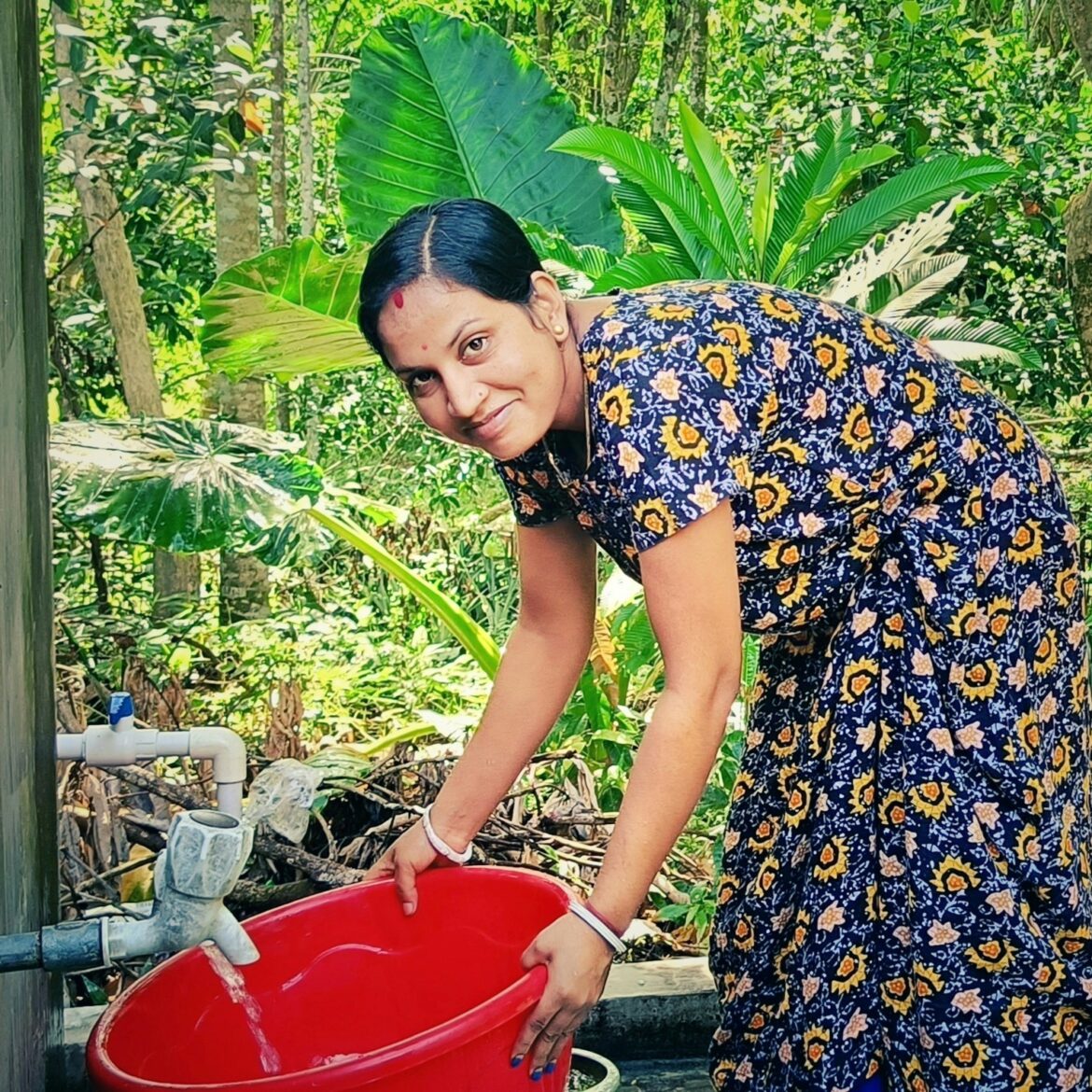A recent study highlights homestead gardening as a simple, gender-responsive way to make Bangladesh more food secure and stronger against climate shocks, and the research points to practical steps families and communities can try right away. The report begins with a stark picture: more than 60 million people face food insecurity and about 35 percent of the population does not get enough to eat. Women and children carry the greatest burden; nearly half of women aged 15 to 49 show signs of poor nutrition, and two out of three children under five live on diets that include only one or two food groups. These problems are worst in places hit hard by climate change. Coastal areas face salt water entering fields, tidal flooding and cyclones, while the Barind region sees long dry spells and falling groundwater. Repeated shocks damage crops, weaken soil and make markets unreliable. The study says homestead gardens can help by giving families a steady source of fresh vegetables, fruits and other foods close to home. When women manage these gardens they often decide what to grow and how food is used, and that can improve what children eat. The approach is called gender-responsive because it recognizes the limits women face, such as less access to land, water, finance and technical advice, and it builds support around those needs. The report outlines simple actions that can help: local training, group learning, access to better seeds or varieties suited to local conditions, and small investments that protect seedlings and conserve water. These steps help gardens produce food through more of the year and make households less dependent on distant markets. Gardens also link well with advice about feeding children and caring for family health, so families learn to add more kinds of food to daily meals. The authors stress that homestead gardening is not a full replacement for larger farms or wider social support, but it is a fast and low-cost way to cut hunger, widen diets and build local resilience. The study calls for programs and policies that back women with training, fair access to land and water, and seed supplies so gardens can spread. With modest help and local leadership, many households can grow their own fresh food, lift child nutrition and strengthen community food security for the long term. Local groups can form garden clubs where women share tips, seeds and tools. Small sales of surplus vegetables can give households a little cash to buy other needs. Nutrition training helps parents turn garden produce into healthy meals children enjoy. School and clinic programs can show recipes and safe food handling. Donors and local governments can support starter kits and training to help gardens spread quickly.
Homestead Gardens Boost Nutrition and Resilience for Women and Children in Bangladesh
32


